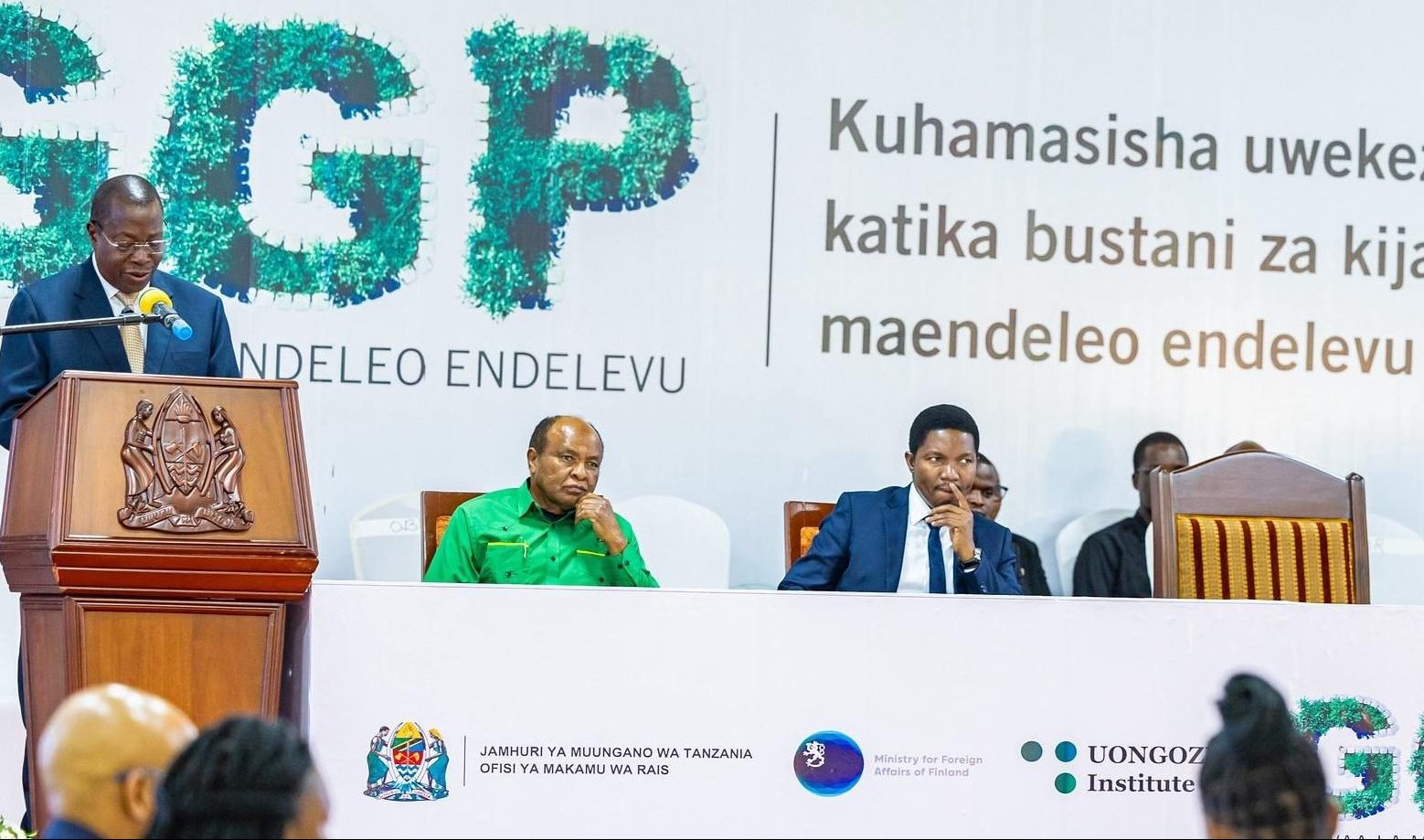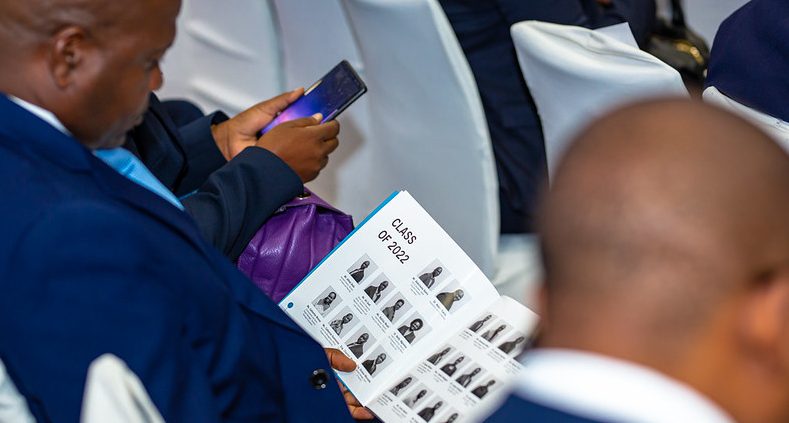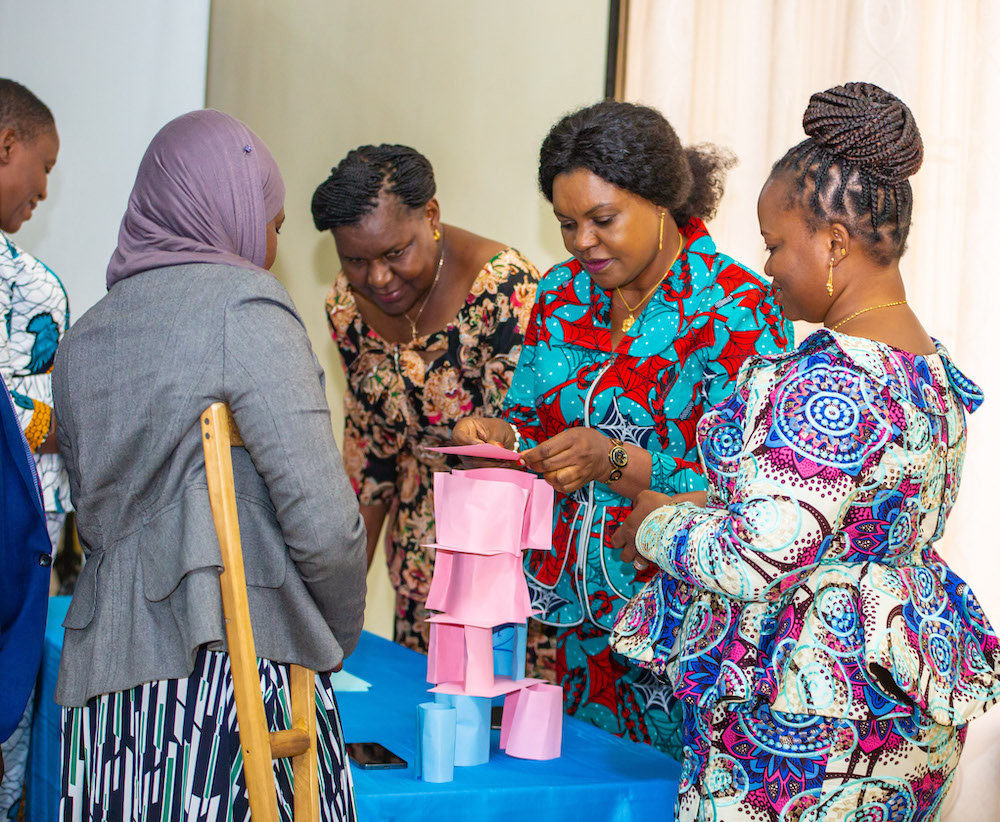20 December, 2018, Dar es Salaam: UONGOZI Institute and REPOA have launched a new programme that aims to support the Government to design and implement policies to improve the economy and business environment in the country.
The programme officially known as ‘Evidence – Based Policy Making on Economic Governance in Tanzania’ will be co-implemented by the two institutions during a five-year period.
The announcement was made today at the Julius Nyerere International Convention Centre during a half-day workshop to identify focus areas for the programme to ensure relevance in improving economic governance in the country. The workshop gathered 50 policy, planning and research senior officials from various Government ministries, agencies and institutions, as well as the private sector.
The CEO of UONGOZI Institute, Prof. Joseph Semboja said, “The programme aims to support the development and implementation of appropriate Government macro-fiscal policies and a conducive business environment that is built on a sound and evidence-based analytical work, wider and more informed policy dialogues on the requisite economic governance and a competitive industrial structure.”
According to Prof. Semboja, the programme is customized to meet the Government’s ambitions of meeting sustained economic growth driven by economic transformation (productivity), industrialisation and trade expansion; as well as instruments for sustained economic growth, which include, trade, investment and economic governance.
On his part, the Executive Director of REPOA, Dr. Donald Mmari said their collaboration signifies a stronger partnership in leveraging efforts in supporting the government towards a more dynamic approach in its industrialization journey, in particular, implementing the National Five-Year Development Plan 2016/17 – 2020/21, which carries the theme ‘Nurturing Industrialization for Economic Transformation and Human Development’.
“Tanzania has enjoyed a GDP growth rate of 6.9% during the last 10 years. We therefore believe that with the kind of informed research that this programme is going to produce, the national economy will be able to grow to double-digit numbers,” said Dr. Mmari.
The major focus of the programme will be designing and implementing policies that can improve macro fiscal policy in the areas of budget credibility, debt management, public expenditure management and financial accountability, and Inter-governmental fiscal relationships.
Regarding business environment, the programme aims to contribute solutions on the constraints to the ease of doing business, constraints to private sector growth, and the aspect of competitiveness.
During a presentation at the workshop, a Researcher from UONGOZI Institute, Dr. Godfrey Nyamrunda stated that in terms of the set of institutions, policies and factors that determine the level of productivity and competitiveness; Tanzania has scored 47.2 out of 100. The country has also been ranked 116 out of 140 economies assessed by The Global Competitiveness Index 2018.
Dr. Nyamrunda said that the Programme aims to support the Government of Tanzania and other development stakeholders to address some of the challenges through a combination of research and analysis, the dissemination of research outputs and informed policy dialogue.
Other key stakeholders that will play a key role in the programme include the Bank of Tanzania, University of Dar es Salaam, University of Oxford and Chr. Michelsen Institute (CMI).






